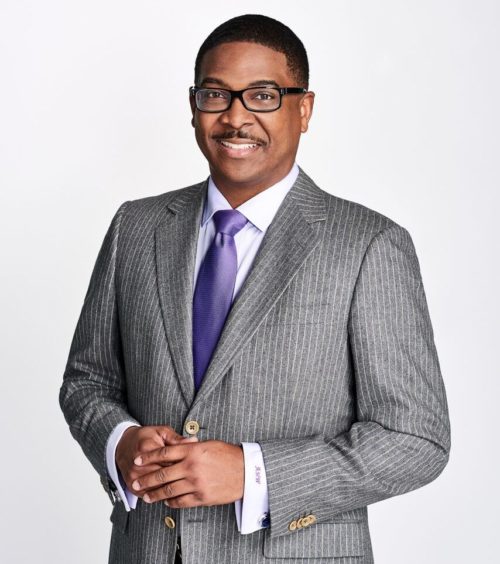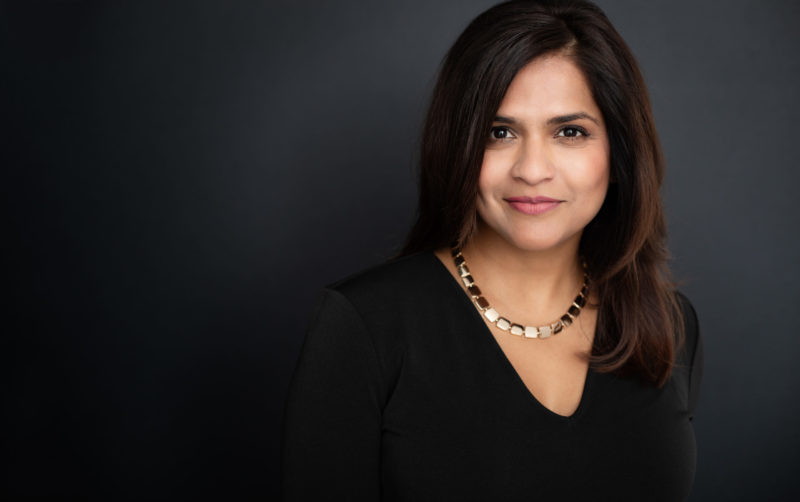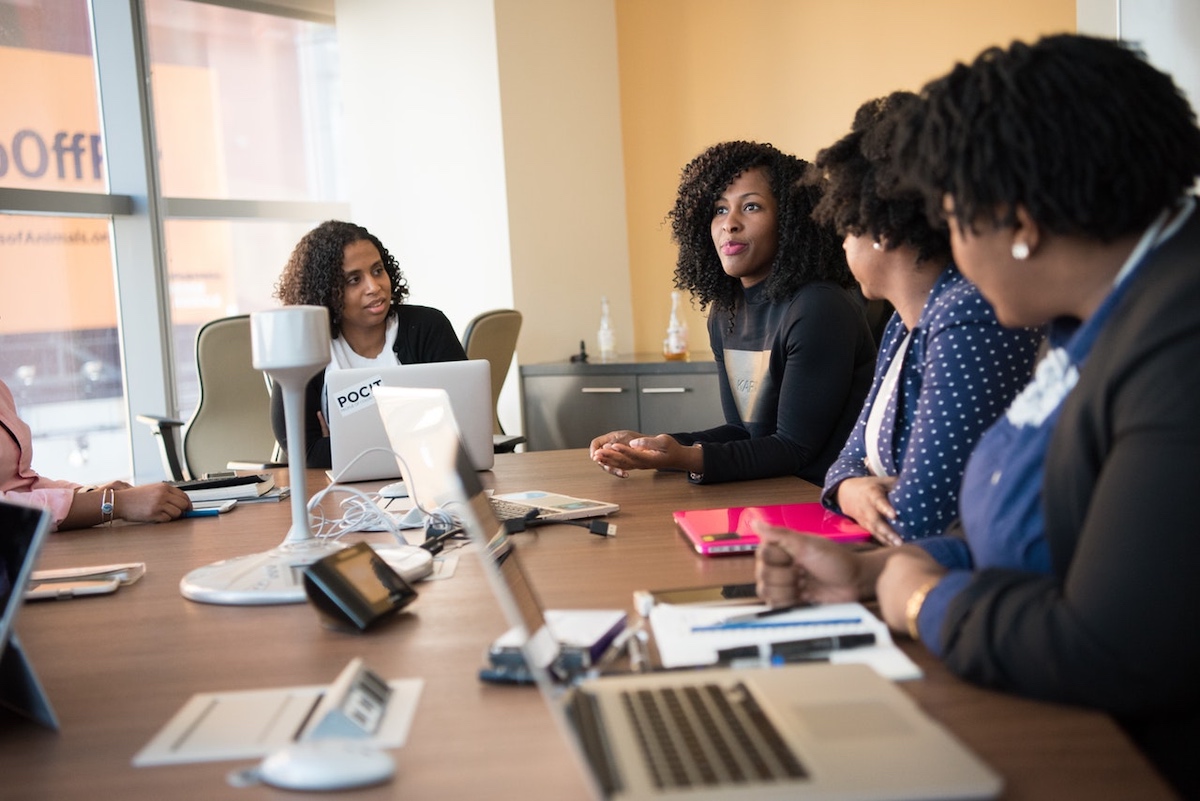In recent months, companies have responded to social unrest following the death of George Floyd with pithy statements referencing Black Lives Matter and announcements of new diversity and inclusion positions on their leadership teams. Meanwhile, communities are searching for answers on how to make meaningful progress.
What do chief diversity officers and professionals in similar diversity and inclusion roles do, and how are these roles being shaped by the moment?
Anzio Williams is the new SVP of diversity, equity and inclusion for NBCUniversal’s Owned Television Stations division, a new position created by division president Valari Staab. Before his current role, Williams worked in broadcast media for 27 years across several different markets and has received accolades including nine Emmy Awards and managed the coverage of events ranging from Hurricane Katrina in 2005 to the Philadelphia Eagles’ Super Bowl victory in 2018.
Williams’ experience as a news producer showed him the power of using accurate language when working with broadcast news. Using certain adjectives can create subjective interpretations of news subjects and distort meaning in news stories. Accurately using information and pictures as tools to convey meaning is important in properly reporting on people of all backgrounds.
“Sometimes, using the generic description or vague terms can lead to stereotypes,” he said. “We want to avoid that.”
Williams was deeply affected by the murder of George Floyd in June 2020 and is aware of the duty he has to show up fully as himself and continue helping news teams accurately cover diverse communities.

“I recognize the responsibility of the position and role that I am in,” he said. “I have been waking up last couple of weeks thinking about George Floyd. I think about how I’m a Black man and how we all are finding ways to work together and find common understandings of each other. I call that allyship and ask how we can build allies [with others]. I am so thankful that I can work for a station group and focus on healthy conversations in our workplace and reporting.”
Diversity and inclusion strategist and career consultant Brittany Bronson works with organizations on their diversity and inclusion practices. She is selective of the organizations that seek her services. Bronson prides herself on being able to show up professionally as her full self as a Black woman who has experienced things like housing insecurity and is aware of the perception clients may have of her. Her willingness to address privilege even among marginalized people helps shape her work.
She’s found that many organizations have wanted to contract her just as a way of showing that they care about improving their diversity practices as opposed to her working with them and making actual changes.
“I consult with organizations that I can build a strategic plan with, but if it’s just to say they did it, it’s not worth it,” she said. “I vet organizations I work with to make sure they want to do the work. If an organization is not willing to push back, I’ve had to say I don’t want to work with them. Every organization has something that can be fixed relative to diversity and inclusion.”
D&I looks like actionable steps and measurable goals. If you can’t measure it, you can’t tell me what your organization did..
When a company is seeking diversity and inclusion officers, Bronson said that it is important to have lower-level employees who are involved in the hiring process, and to ask diverse employees what they hope to see in the person that ends up getting hired. She also believes that it is essential for companies working to improve their diversity and inclusion policies to have actionable, measurable steps in place as a way to track progress. Having a diversity and inclusion officer alone will not make a difference.
“It’s about not just saying a company has a D&I officer,” she said, referring to diversity and inclusion, “but one that will ensure African American staff members are being promoted at the same rate as white counterparts. A D&I leader could also ensure that their company improves recruiting efforts at [historically Black colleges and universities]. D&I looks like actionable steps and measurable goals. If you can’t measure it, you can’t tell me what your organization did.”
Ash Hanson is Center City-based Aramark’s chief diversity and sustainability officer, a position she has held since July 2020 after more than almost two decades at the company. Hanson said that while diversity and inclusion roles vary by organization, they typically focus on three areas.
“The role typically boils down to a few core responsibilities – enabling organizations to recruit, develop and retain talent from diverse communities, fostering a company culture that values the unique identities of all employees within its workforce, and creating impact externally through purchasing policies, community partnerships etc.,” she said.

Advocacy is also a strong part of the work Hanson believes that diversity and inclusion officers should be doing.
“The [diversity & inclusion] office should have mechanisms to learn the needs of diverse employees — be it women, people of color, LGBTQ+ employees, individuals with disabilities, veterans, and all employees at the organization — and use that insight to inform strategies to meet the needs of their workforce,” she said. “This information could come through internal sources like employee resource groups or external partners that have subject matter expertise in serving those diverse communities.”
Hanson said that companies’ recent efforts to create such positions in response to social unrest reinforce the need for companies to build cultures that value diversity and inclusion, and she believes it is important that the push comes from the top.
In July 2020, Aramark strengthened its commitment to diversity and inclusion by launching its Executive Diversity Council led by Aramark CEO John Zillmer, and also created a new function designed to bring together the company’s Sustainability, Diversity & Inclusion, and Community Relations strategies. Hanson is optimistic that these moves can help Aramark continue to evolve as a company and better assist the communities it serves.







